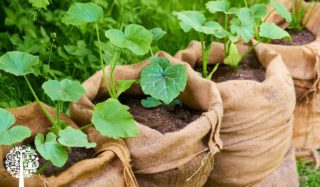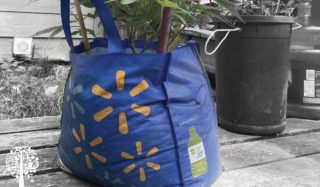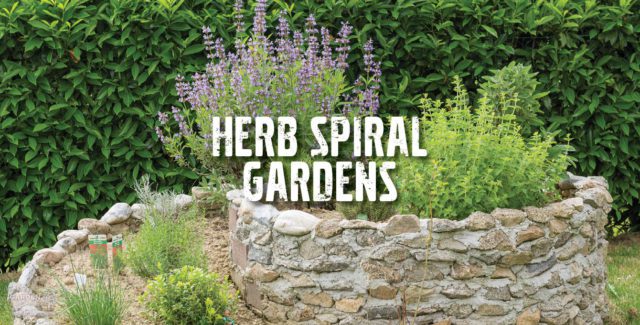Never have I had such an accommodating vessel in the garden. Some might be thinking a pot is a pot, and if you feel like using old yogurt containers to house your plants, so be it. Reduce, re-use, and recycle; I get it. But allow me to sing the praises of the fabric grow bags.
Happy Roots
I have made it a habit to use a 7-gallon fabric grow bag early in my gardening career. Right off the bat, it offers you the best drainage possible for any container on the planet. Root rot is impossible since moisture never gets a chance to sit and collect; this is especially helpful when you have to water through the root zone and test the Ph and PPM of your water runoff. The bag allows the roots and medium to aerate optimally and acts like the plant is in soil, which is good for the root zone. Happy roots, happy plant.
Moving Day
Every grow bag has handles that allow you to move your chosen cultivar in and out of the sun as you see fit. So your plant can enjoy the morning sun and then move to the other side of the house to enjoy the afternoon sun. You can also move any potentially illegal cultivars to new locations if you suddenly feel exposed. It’s understood that every pot is essentially portable, but these lightweight grow bags are ideal in my eyes. I’m getting old, and I can’t be moving 30 gallons of medium in a stone pot across the property.
On The Cheap
You don’t need to spend a bunch of money to achieve the same effect as a store-bought fabric grow bag. These containers will run you around $30 for a pack of eight. If you are frugal like me, you are looking for a free hack. Enter your local grocery store or Walmart. The fabric bags offered for under a dollar work just as well. Of course, you won’t have such a sleek-looking garden while advertising for your local grocery store. But these bags are sometimes made of recycled materials, which satisfies my internal environmentalist. I don’t know how they manage to turn a plastic bottle into a shopping bag, but I’m here for it. If the bag you are upcycling smells like your dinner from last week, perhaps find a fresh one.
Keep It Clean
The one drawback is with constant use, the bags will develop stains and deposits, which need to be rinsed out from time to time. This is especially true if you use nutrients and supplements to achieve melon-sized tomatoes. Plastic pots only last two seasons if exposed to direct sunlight and are generally abused. Some of my grow bags are in their fourth year, and I grow 365 days a year. Now that’s durable.
We are well into the season here at Oneton farms, and the pots and grow bags are full and brimming with life. If the zucchini need a little shade, we can easily walk them to a shady part of the rock garden. Are the squirrels taking advantage of a free buffet? Let’s move those suckers inside, so daddy doesn’t have to break out the rifle. Finally, are the cops coming? Move that lightweight grow bag onto the roof!
I suggest digging around for a fabric bag to toss some plants in. See if it’s a good fit. It might change your garden game for the better. Happy growing my little garden gnomes.






